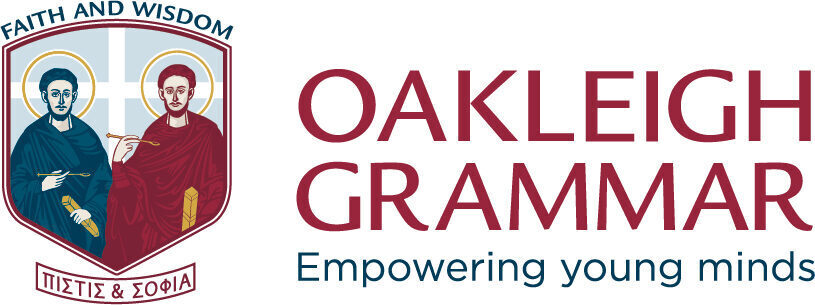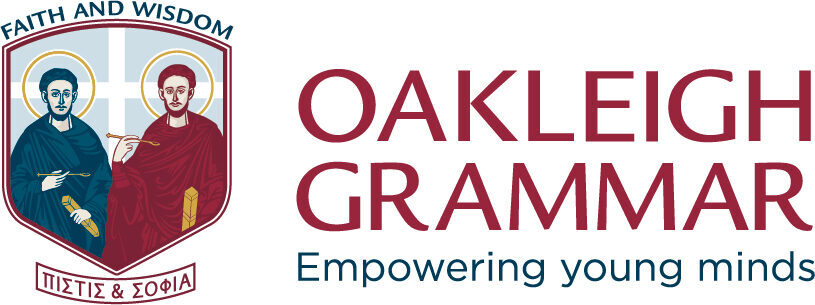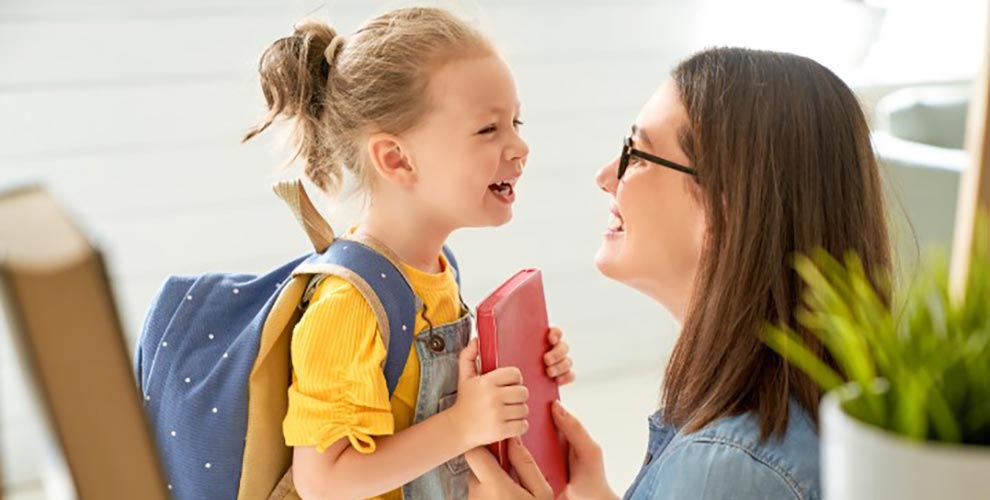Deciding when your child is ready to start school can be confusing. While it is a clear-cut choice for some parents, for others it is the source of anxiety and stress. It is an important decision that will set the tone for your child’s future learning. It’s fair to say that parents’ ultimate hope is that their child’s first experience of school is easy, stress-free and even joyous!
In some instances, however, this may not always be the case. Parents facing the financial pressures of daycare costs, for example, might be tempted to start their children at school before they may be ready. Others may want to keep their children at home for as long as possible when the child would benefit from the independence, stimulation and sociability that school offers. So exactly what are the signs your child is ready for school?
Research shows that children who start school when developmentally ready are more likely to do well at school. It is critical that your child is physically and mentally ready and well-prepared to start the routine and demands of school. Below we’ve listed six signs that demonstrate school readiness.
- Comfortable socialising with other children
Your child should be comfortable mixing with lots of other children, as they will be surrounded by children their age all day and will participate in group activities. Children need to have grasped cognitive skills such as sharing, waiting for their turn, and managing small conflicts. They should also have the ability to develop friendships with other children.
- Responsible for making choices
When starting school for the first time, children should be capable of making independent decisions with some level of confidence. For example, deciding when they need to use the bathroom and being confident enough to let the teacher know. They must also have enough emotional maturity to recognise the consequences of behavioural choices they make, and to cope with the unfamiliar new school environment.
- Can listen and follow directions
Ideally children that are ready to start school should be able to listen carefully and follow simple directions. They must be able to understand and follow classroom rules. A good school readiness sign is the ability to dress and undress themselves.
- Adequate physical skills
Fine and gross motor skills continue to develop throughout the school years, however, there are some basic milestones that are essential to start school. In terms of fine motor skills, your child should be able to grip a pencil and use a pair of scissors. Gross motor skills that children should have mastered include things such as running, jumping and throwing.
- Inquisitive and curious
Children that ask lots of questions and seek out answers are more likely to be school-ready. They are excited by learning and can focus for short periods of time on activities that interest them. Curiosity demonstrates that a child develops imagination and creativity and will be engaged in the classroom.
- Language skills
Children who are ready to start school are able to talk and listen to both children and adults. They can speak clearly, understand what is being said to them, and they can verbalise their needs. Although they are not expected to be able to read or write, they should be starting to recognise some letters and numbers.
Encouraging your child to play games, take turns, have conversations, dress and undress themselves, and help around the house will go a long way to preparing them for school. Reading to your child daily is one of the best things you can do as it develops early literacy skills and helps encourage a lifelong love of learning.
At Oakleigh Grammar, our Early Learning Centre offers a program that prepares children for school in the best way possible. Open to children from age two, the ELC adopts the Reggio Emilia approach which is based on mutual respect, and valuing the diversity of identities, competencies, and knowledge held by each child. It offers a seamless transition to Prep at Oakleigh Grammar through its tailored Prep orientation sessions. To learn more, download our prospectus.





